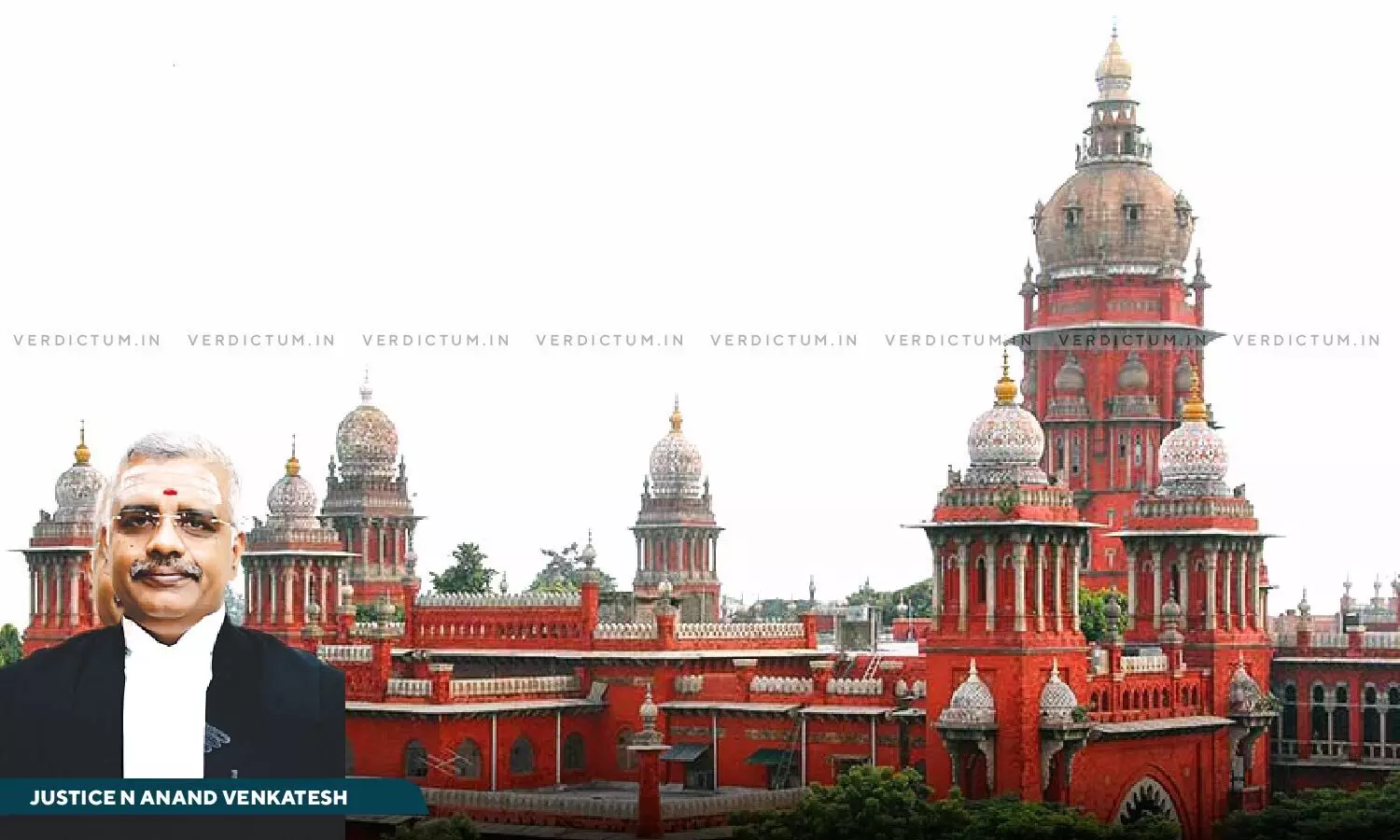
Section 19(1)(a),(b) PC Act Can Only Apply If Public Servant Can Be Removed From Office With Sanction Of Govt: Madras HC Restores Corruption Case Against Former DMK MLA
 |
|The Madras High Court has observed that after the 2018 amendment to the Prevention of Corruption Act, Section 19(1)(a) and (b) can only apply if the public servant can be removed from office with the sanction of the respective Government.
The Court restored corruption case against former DMK MLA I.Periyasamy.
In that context, the Bench of Justice N Anand Venkatesh observed that, "it is clear that the object of the 2018 Amendment was to extend the protection already available under Section 197 Cr.P.C to those officers who had retired or had demitted public office. It was for this reason that only Clauses (1)(a) and (1)(b) of Section 19 were amended to extend the protection to public servants under the Union under Section 19(1)(a), and public servants under the State under Section 19(1)(b). Consequently, Clauses (1)(a) and (1)(b) of Section 19 can apply only if the public servant can be removed from office with the sanction of the respective Government."
The Court also stressed that, "The legitimacy of the administration of criminal justice will be eroded and public confidence shaken if MLA’s and Ministers facing corruption cases can short-circuit criminal trials by adopting the modus operandi that has been carried out in this case. The public should not be led to believe that a trial against a politician in this State is nothing but a mockery of dispensing criminal justice. A Constitutional Court is duty-bound, under the Constitution, to ensure that such things do not come to pass."
AG PS Raman, GA MD Muhilan, Senior Counsel Ranjit Kumar and Senior Counsel A Ramesh appeared for the respondents.
the suo motu revision, under Section 397 & 401 of the Code of Criminal Procedure, 1973, was filed against the order dated 17.03.2023 passed by the Additional Special Court for Trial of Criminal Cases Related to Elected Members of Parliament and Members of Legislative Assembly of Tamil Nadu at Chennai. In this order the 2nd respondent (the 3rd accused before the Special Court) was discharged from the case.
Mr. I. Periyasamy, the 2nd respondent (A3), who served as a Member of the Tamil Nadu Legislative Assembly and Minister for Housing between 2007 and May 2011, was accused of conspiring with an Inspector of Police (A1) and another individual (A2) to unlawfully acquire a HIG (High Income Group) Plot in the Mogappair Eri Scheme of the Tamil Nadu Housing Board. The prosecution alleged that the allotment was orchestrated through fraudulent means, involving an undated application, speedy processing, and approval by A3, resulting in pecuniary advantage for A1.
The DVAC conducted an investigation, and charges were framed against A1, A2, and A3. Subsequently, a discharge petition was filed by the 2nd respondent, challenging the maintainability of the charges against him. The Special Court, in its order dated 17.03.2023, discharged the 2nd respondent, leading to the filing of the present suo motu revision.
During the proceedings in the High Court, the Advocate General argued that the discharge petition was not maintainable once the trial had commenced. On the other hand, the Senior Counsel for the 2nd respondent contended that the lack of valid sanction to prosecute was a jurisdictional issue and emphasized the distinction between "sanction" and "permission." They further argued that a second discharge petition was permissible, especially in light of the change in circumstances following the amendment to Section 19 of the Prevention of Corruption Act, 1988. The jurisdictional authority for sanction was also questioned, asserting that it should have been the Governor, not the Speaker.
Relying on the case of PV Narasimha Rao vs State for the legal position as to sanction/permission under Section 19 of the PC Act, the Apex Court further held that, "as on the date of taking cognizance of the offences, the 2nd respondent was an MLA with the result that it was the Speaker and not the Governor who was the competent authority to grant permission to prosecute the 2nd respondent".
Subsequently, the impugned order was set aside.
Appearances:
Respondents: AG PS Raman, GA MD Muhilan, Senior Counsels Ranjit Kumar, A Ramesh
Cause Title: The State, Directorate of Vigilance and Anti-Corruption & Anr.
Click here to read/download the Judgment